Native to Afghanistan, these Bacha Bazi “dancing boys” are actually sex slaves, lured off the streets by pimps, taught to dance and sing, to wear make-up and to dress like girls. Then they are made to perform before large groups of men. ALL of them are sexually abused. But in Islam, sex with boys under 18 is not considered homosexuality, so it is allowed.
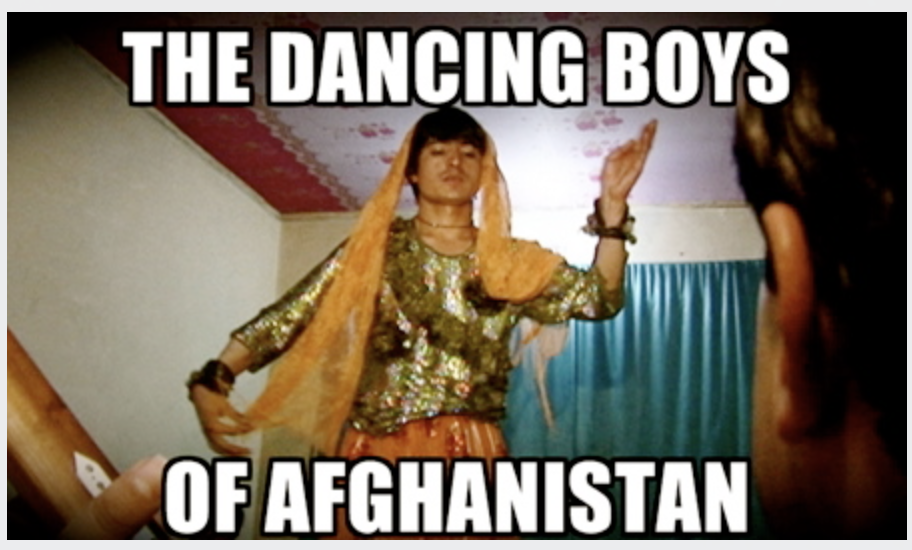
Turning Point Project In Afghan culture, it is acceptable for men to take possession of young boys, dress them in girls’ clothes, make them wear makeup, jewelry, and ankle bells, and teach them to dance seductively before groups of men.
The boys are virtual sex slaves of the men who have purchased them from poor families or sex traffickers, and they are frequently rented out as prostitutes to the men who come to watch them dance.
American drag culture bears a disturbing resemblance to the Afghan custom of Bacha Bazi (“boy play”).
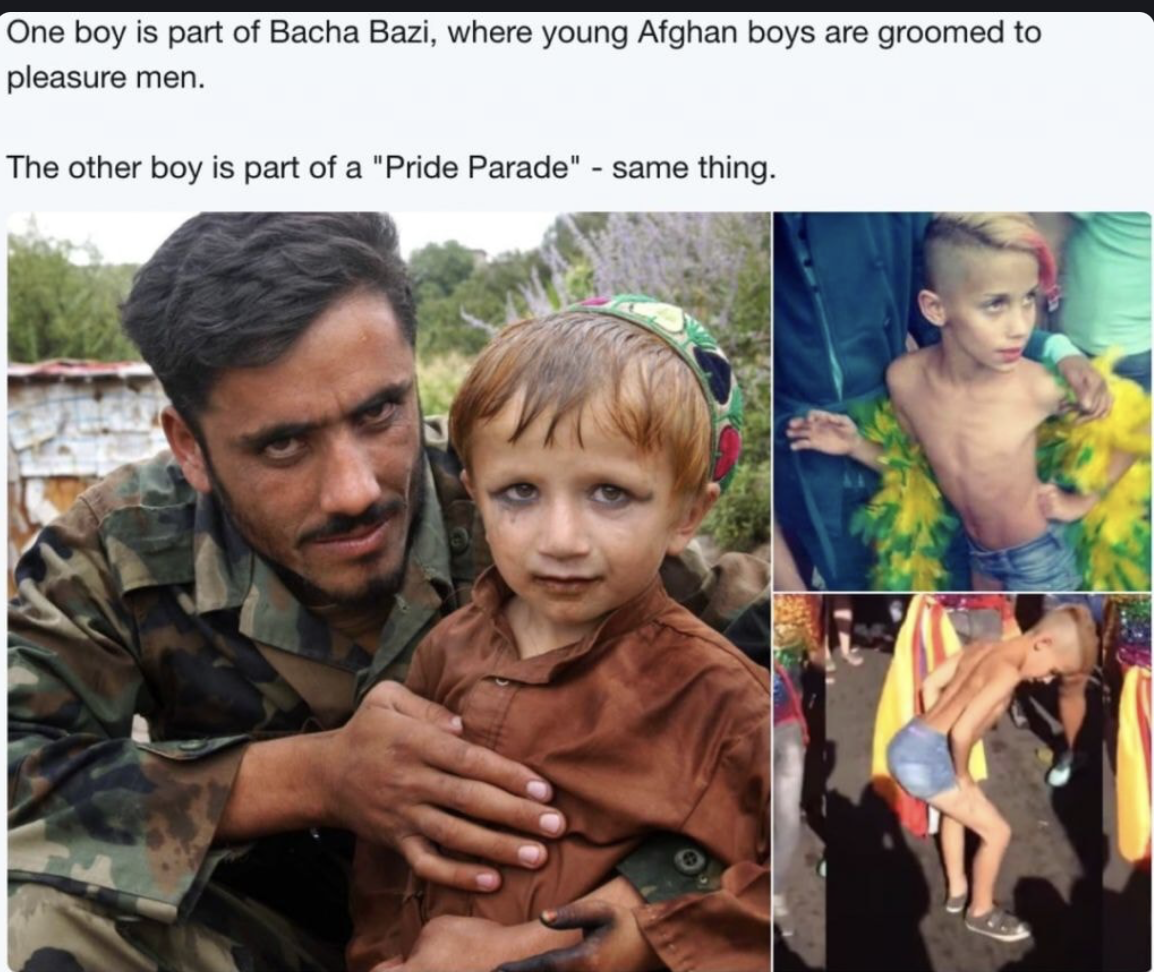
It’s a practice that goes back centuries in some regions of Afghanistan, and it is often justified by reference to certain passages in the Quran.
In the Quran, paradise is described as a place where men will have “bashful” but “high-breasted” virgins for companions. But, in addition, “they shall be attended by boys graced with eternal youth, who to the beholders eyes will seem like sprinkled pearls.” (Quran 76:15)
You might think that our own culture would never countenance such a practice. But you would be wrong. In fact, our government did nothing to curtail the practice when it was in a position to do so.
But what does the U.S. government have to do with any of this? After the U.S. invasion in 2001 and the expulsion of the Taliban from power, the U.S. military partnered with the Afghan National Security Forces (ANSF), which it had helped to form, to keep the Taliban from returning to power.
Some of the ANSF, however, brought the Bacha Bazi tradition with them. Soon, the Bacha Bazi boys began to make an appearance on U.S. military bases. Some of the Afghan officers brought the boys to live with them on the bases.
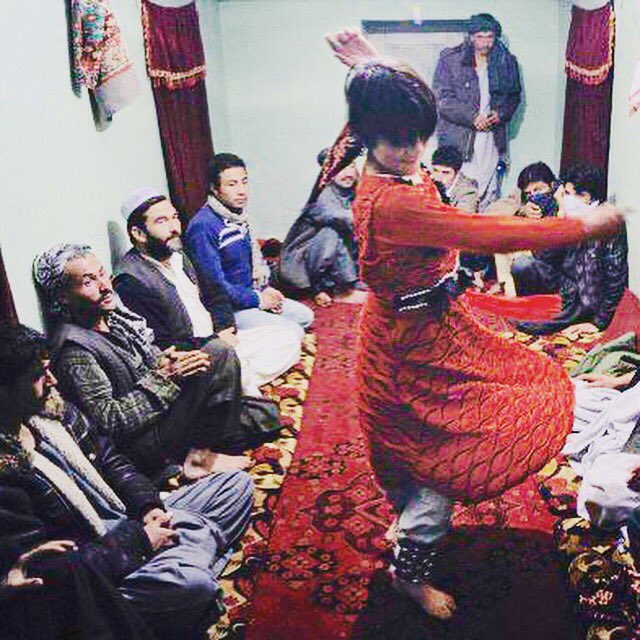
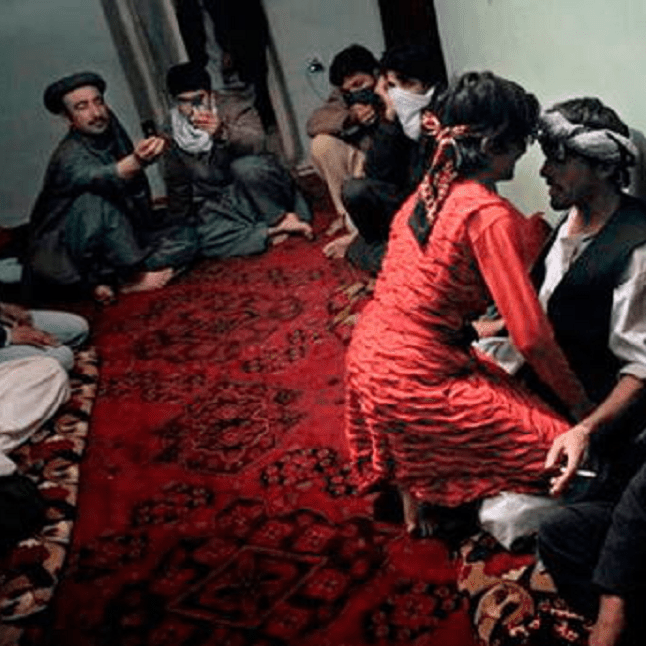
Many of the U.S. officers and enlisted men were appalled by the practice, but their superior officers cautioned them not to interfere. This was the era in which multicultural theory ruled in American society and American schools. And one of the chief tenets of multiculturalism is that no culture has the right to impose its values on another culture.
Moreover, U.S. leaders were afraid of jeopardizing their vital partnership with the ANSF. The result was that the U.S. turned a blind eye to the sexual exploitation of young boys.
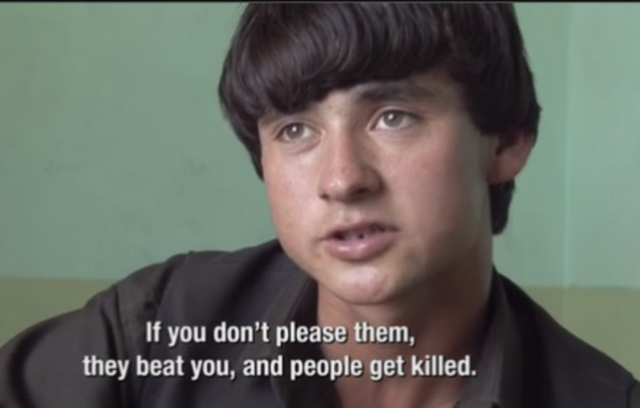
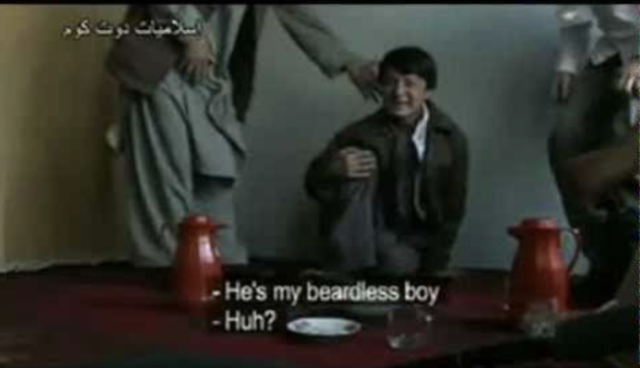
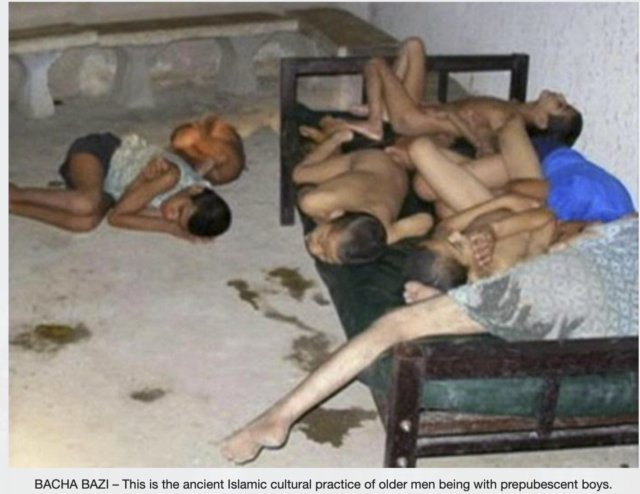
One might be tempted to think that this was a one-time, never-to-be-repeated moral failure. But something similar to bacha bazi is now being introduced to North American society, and it is being encouraged and even celebrated by many in government, education, and media.
I’m referring to the celebration of drag queen culture, and the practice of exposing young children to drag queens in libraries, classrooms, pride parades, and other venues such as restaurants and even military bases. These events are often advertised as family-friendly and kid-friendly. On military bases, for example, kids are enticed with “goodie-bags,” “bouncy houses,” and face painting.
Germany’s Ramstein Air Force Base planned to celebrate Pride Month by hosting a “Drag Queen Story Time” for soldiers’ children inside the base library last June 2. The event was canceled after Senator Marco Rubio (R-Fla.) called the decision “completely insane” in a letter to U.S. Air Force Secretary Frank Kendall. Since “decisions over children and their bodies should be left to moms and dads serving our nation, not mediated through publicly funded propaganda,” wrote Rubio;
Although that event was canceled, Gaetz highlighted another example of cross-dressing men reading to minors at Malmstrom Air Force Base in deep-red Montana. “To celebrate pride, the Mister Sisters will be hosting a Drag Story Time and a Drag Show, June 30,” 2021, the base announcedon Facebook. “The reading will be held at the Base Library at 2 P.M. and the first 25 children will be gifted goodie-bags”;
The Army and Air Force’s Joint Base Langley-Eustis in Virginia announced two on-base drag performances last July 30. The base-wide “Diversity, Equity, and Inclusion Summer Festival” advertised the dance stylings of “Harpy Daniels — the Navy Drag Queen” alongside “bouncy houses and face painting for the children”; and
The Nellis Air Force Base near Las Vegas — once described as offering the “most demanding advanced air combat training in the world” — hosted “Drag-u-Nellis,” a privately sponsored drag show for officers, at an on-base facility on June 17, 2021. Nellis AFB Spokesman Col. Bryon McGarry described LGBTQ-themed spectacles as “essential to the morale, cohesion, and readiness of the military,” adding he remains“committed to providing and championing an environment that is characterized by equal opportunity, diversity and inclusion.”
It’s bad enough that children are enlisted in the service of a grown man’s sexual fetish. What’s worse is that children are also being encouraged to adopt the drag identity for themselves.
Bookstores and library shelves are now crammed with drag queen books targeted at toddlers, teens, and every age group in-between. These books present drag culture as being fun and playful. What’s more, the drag queens are portrayed as role models and heroes for children to emulate. One such book is Auntie Uncle: Drag Queen Hero(recommended for ages 3–7). According to the description, “[T]he young narrator thinks it’s awesome that his aunt and uncle are the same person.” When he’s in drag, he’s Aunt Lotta, and when he’s not, he’s Uncle Leo. Needless to say, Aunt Lotta is the hero who saves the day. According to the blurb, it’s “a sweet, uplifting story about fearlessly letting your true self shine.”
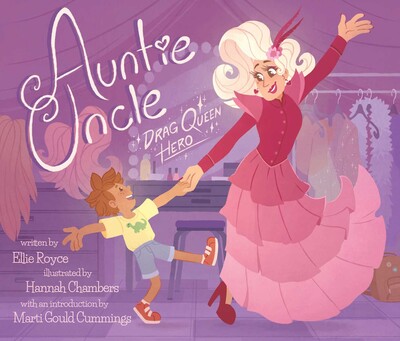
But the drag pushers are not content with books and story hours. Drag shows now feature teen and younger boys performing their dance routines while wearing wigs, makeup, and high heels.
Discovery+’s television series Generation Drag is a look at the lives of five “drag kids” between the ages of 12 and 17. The series opens with 12-year-old Vinny showing the camera crew his high-heel collection and an array of candy-colored wigs. His drag name is “Vanessa Shimmer.”
The first season of the series follows the five boys as they prepare to perform at Dragutane — a Denver event that brings together LGBT+ youth from all over the country. So, the idea of dressing up boys as girls and having them dance seductively in front of an appreciative audience is not confined to Afghanistan. It has caught on in the U.S., and it’s spreading rapidly.
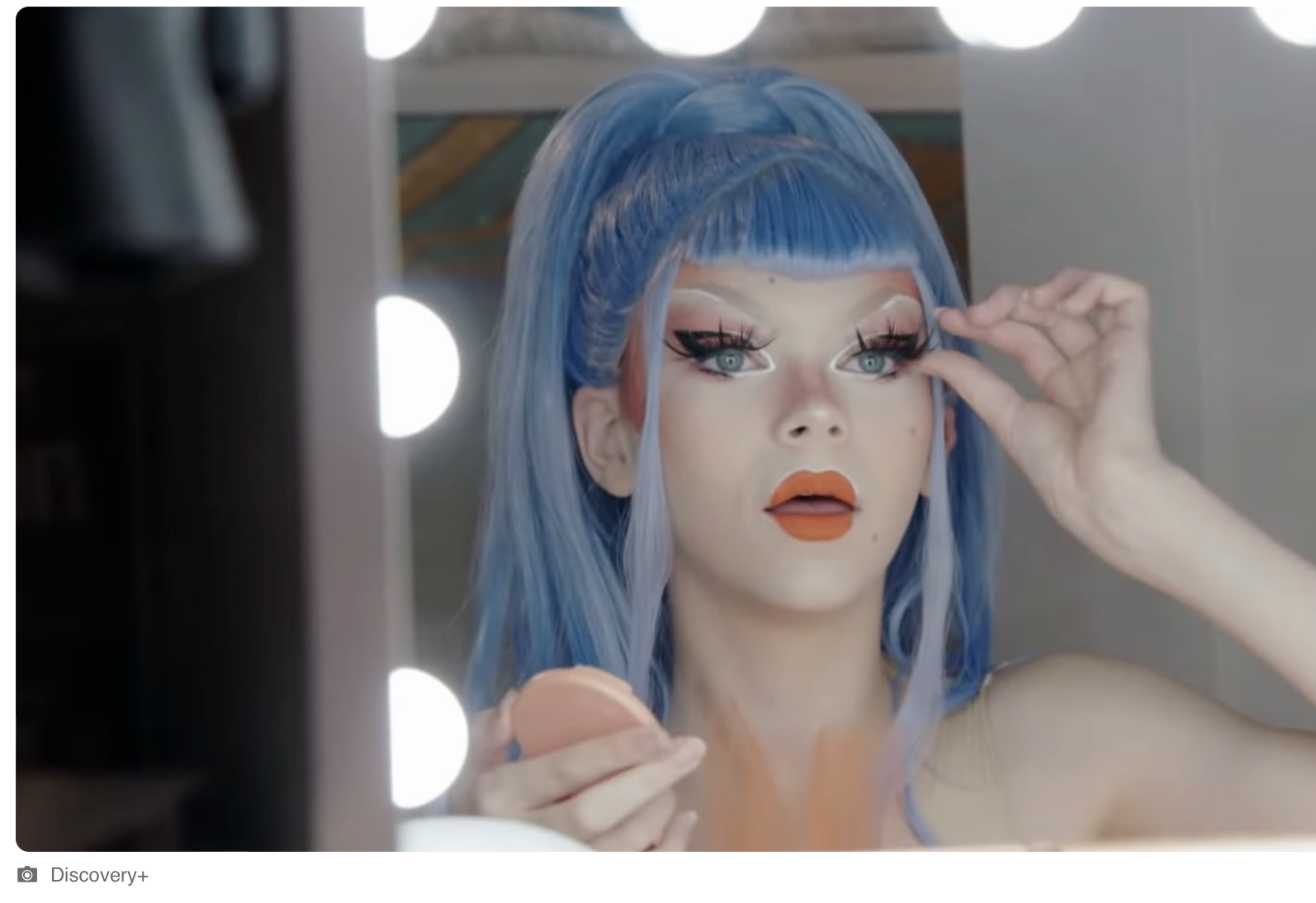
Of course, the tradition of bacha bazi is repugnant to the Western conscience. We would be shocked if it were discovered that the abusive custom was being practiced in the United States. And we would expect the authorities to take prompt legal action.
Yet, a practice not unlike bacha bazi is already present in our country. Under the pretense that drag events for children are nothing more than playtime activities, boys are encouraged to dance seductively before adults. Granted, Bacha Bazi with its prostitution of boys is a more serious matter than participation in a drag event, but there are enough similarities between the two practices that a comparison seems warranted. In both cases, the adult–child interaction is justified as a form of play.
The drag events for children are presented as just another fun activity. And balloons, bouncy houses, and face painting reinforce the deception.
But how about bacha bazi? What’s playful about that? Recall, however, that the term “Bacha Bazi” means “boy play.” It’s probable that, like Western groomers, the Afghani groomers initially present the dancing as a playful activity. And perhaps also as a culturally important activity — something the boys can be proud of.
The boys in Generation Drag certainly seem to feel that they are doing something of cultural significance. They look upon themselves as highly talented entertainers. Some seem to think of themselves as artists.
Another similarity between the two practices is that both enjoy a certain degree of community approval. The bacha bazi dances are often held to entertain large groups of adults who clap and shout to show their approval. When the Taliban were previously in power, they outlawed bacha bazi, though there is evidence that some members have resumed the practice upon retaking power.
Approval of drag has increased dramatically in America. Although drag shows were once considered part of the demi monde, they now seem to have acquired a certain legitimacy. Drag events now take place in schools, libraries, restaurants, and military bases. All of a sudden, the sexualization of children for the entertainment of adults is being presented to us as just as wholesome as a day at the county fair (many of which, ironically, now feature drag queen events).
Will the authorities enact laws to curtail the excesses of the drag queen movement? Some states have already passed such legislation, and others seem likely to follow suit. But there is little hope that this will happen at the federal level. Just as the boy groomers in Afghanistan feel free to force boys to look and act like girls, the Biden administration looks kindly on Frankenstein-like doctors who employ scalpel and syringe in order to make boys look like girls, and girls look like boys.
Recently President Joe Biden attacked state laws aimed at protecting children from these dangerous and life-altering procedures. He called these child-protection laws “hateful” and “discriminatory” and promised to challenge them.
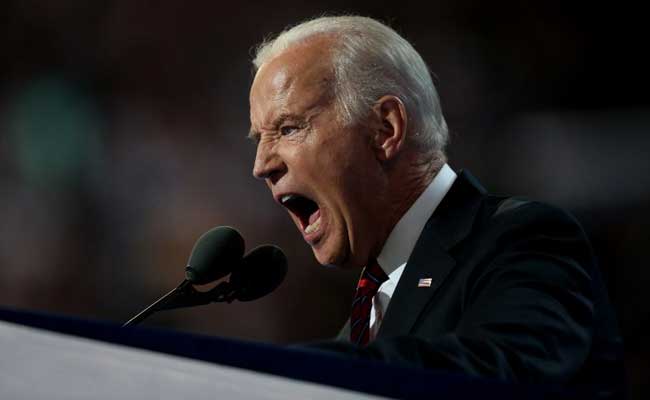
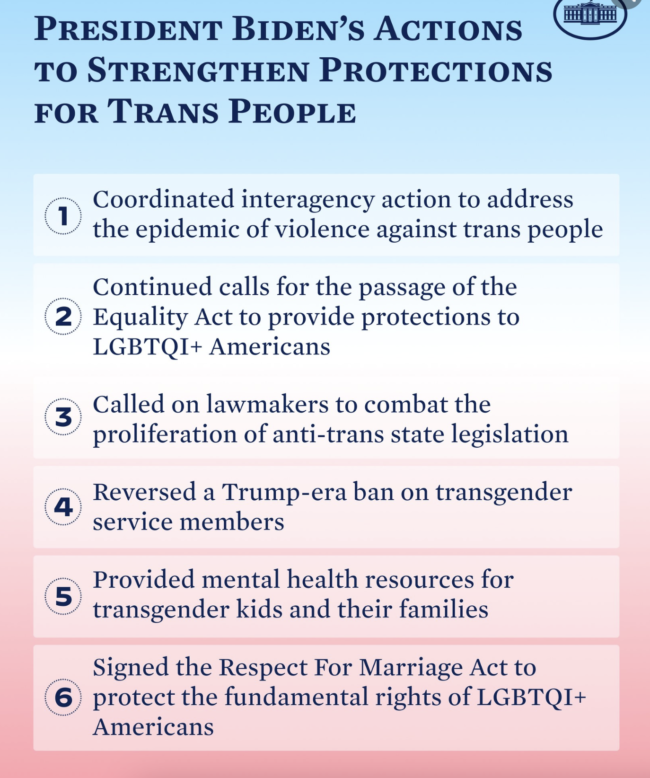
If Biden is willing to stand up for procedures that mutilate children’s bodies, he certainly will have no objection to the attempt to tamper with their psyches and their souls through drag. For that is what it amounts to. Defenders of drag say it’s all about fun and play. At most, they say, it’s about expanding the child’s horizons — introducing him to all of life’s diversity and helping him discover his true self.
But there’s more to it than that. Consider “Drag Pedagogy: The Playful Practice of Queer Imagination in Early Childhood.” The manifesto, put together by several queer theorists, claims that educators in the past conditioned children to accept heterosexuality. By contrast, drag queen events are aimed at subverting “heteronormativity.”
One of the chief authors of the manifesto is college professor Harris Kornstein, a founding member of Drag Queen Story Hour and the author of such classics as If You’re a Drag Queen and You Know It, which he wrote under his drag name “Lil Miss Hot Mess.” The book is recommended for ages 2–7 years. The Amazon description portrays it as “a fun sing-along book with a drag twist that encourages kids to embrace all the playfulness of drag culture.”
So, lighten up America, and join the fun. At least, that’s how drag culture is advertised. The reality is quite different. Do the drag queens simply want to entertain children or do they have something else in mind?
Jonathon van Maren has written extensively about the subject. After describing video footage of “nearly nude adults … engaging in sexually charged performances for children,” he asks naïve Americans to wake up to the real purpose of such activities. The point is not having fun, says Van Maren. Rather, “Sexualization is the point. Grooming is the point.”
See the Bacha Bazi Boys documentary here:
https://barenakedislam.com/2023/05/22/france-two-illegal-alien-muslim-invaders-from-algeria-indicted-for-the-brutal-rape-of-an-83-year-old-disabled-woman-in-her-own-home/

No comments:
Post a Comment